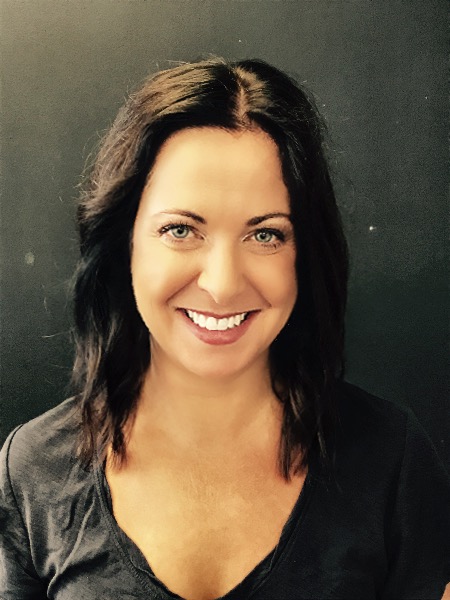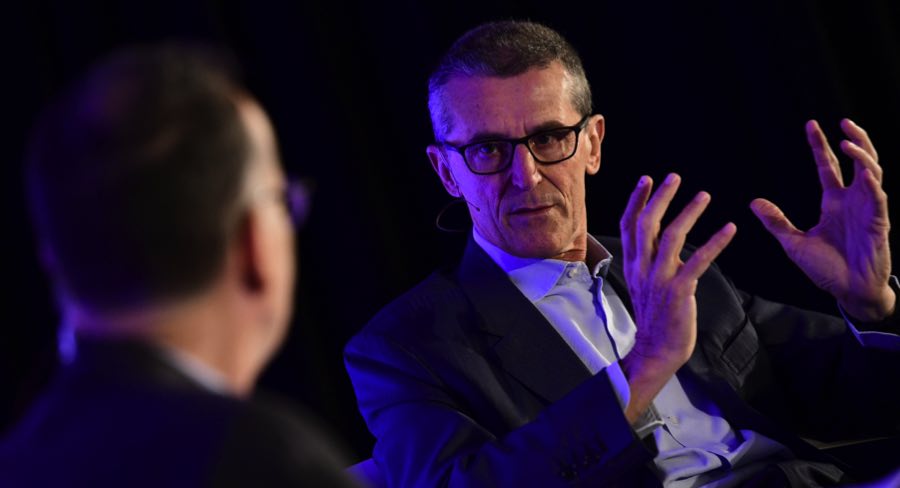The advent of technology has raised new challenges for the global television sector distribution. However, when it comes to the production side of the industry, it has provided more opportunities than challenges.
This is the happy place that the 10-year-old international production company Banijay Group plays in, company CEO Marco Bassetti told Mediaweek.
“We are storytellers,” he said. There may be more genres of TV being produced now than ever but at the core of it all “is storytelling”.
Banijay Group has a significant presence in Australia and New Zealand via Screentime. The globalisation of the industry has meant that there are more funding opportunities as well as more competition for local production houses.
Screentime New Zealand CEO Philly de Lacey told Mediaweek: “Our industry has become very efficient at producing quality work at a very good price.”

Screentime New Zealand CEO Philly de Lacey (Credit: Rahoul Ghose)
Some well-known productions to come from Screentime in Australia and New Zealand include Anh’s Brush with Fame, Wolf Creek, Underbelly Files: Chopper, Anzac Girls and Underbelly NZ.
Bassetti used an Australian series commissioned by ABC TV and Netflix called Pine Gap as an example of the dual platform distribution model that was not previously as common in the global TV marketplace. “It’s a new business model. In the past you could not produce for two platforms that have distributions in the same country,” he said. This exposes content to more eyeballs than ever before.
“What has also changed dramatically is how shows are marketed,” Bassetti said. With the shorter attention span of the audience and more choice, a creator has to be able to draw the audience’s attention in the first five minutes of episode 1. “That is not easy,” Bassetti said.
The Australian and New Zealand markets are very important to Banijay.
“In our business, English-speaking content is the most important,” Bassetti said. “The content that is coming from Australia is great. This is not just in terms of the value for money but also creativity. Shows like Pop Stars and MasterChef were created there [in Australia].
“You must have an operation in Australia if you want to make the most of the opportunities in the country. It is not as big as UK or US, but it is still an important market to the industry.”
De Lacey said: “There is a massive appetite around the world for drama and entertainment formats. The world has opened up to us. Ten years ago, it was very, very challenging to pitch a non-American story into America or a non-British story into the UK. People are now interested in seeing different stuff. New Zealanders are often seen as a little exotic.” [Laughs]
Screentime New Zealand is working with Banijay-owned Mastiff Denmark to produce an eight-part series called Straight Forward. Nine has picked up the rights for the show in Australia. Apart from this, Screentime New Zealand recently wrapped up its co-production with German production house Communicado on The Gulf.
“When we pitched those shows to the networks, they jumped on it,” de Lacey said. “It’s exciting for us that people are looking at New Zealand and our stories.”
—
Top Photo: Banijay CEO Marco Bassetti (Credit: Rahoul Ghose)
